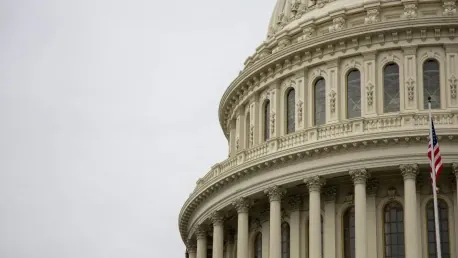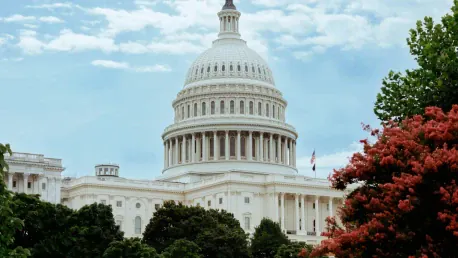
The influential decision by global professional services firm Accenture to end its diversity, equity, and inclusion (DEI) goals and programs arose in response to executive orders initiated by President Donald Trump. This unforeseen move follows a series of federal orders targeting DEI initiatives,

As America grapples with the ever-evolving landscape of diversity, equity, and inclusion (DEI), the federal government and Corporate America face mounting scrutiny for their commitment to these principles. Recent legislative actions and social pressures have thrust DEI into the spotlight,

The ongoing conflict between the Department of Government Efficiency (DOGE), led by Elon Musk, and federal agencies, particularly the Department of Labor (DOL), has raised significant concerns about employee privacy and the integrity of federal workforce management. This power struggle stems from

The proposed legislation to abolish the Occupational Safety and Health Administration (OSHA), introduced by Rep. Andy Biggs, presents a contentious issue with significant potential impacts on workplace safety and regulatory practices across the United States. Employment attorney Phillip Russell has

The ongoing conflict between the U.S. federal government's stance on private-sector Diversity, Equity, and Inclusion (DEI) programs, particularly under the Trump administration, has created a challenging regulatory landscape for employers. As federal directives aim to limit DEI initiatives

In January, the job market demonstrated remarkable resilience as nonfarm payrolls increased by 143,000, while unemployment fell to 4%, according to the latest data from the U.S. Bureau of Labor Statistics. This positive trend was largely driven by gains in the healthcare, retail, and social